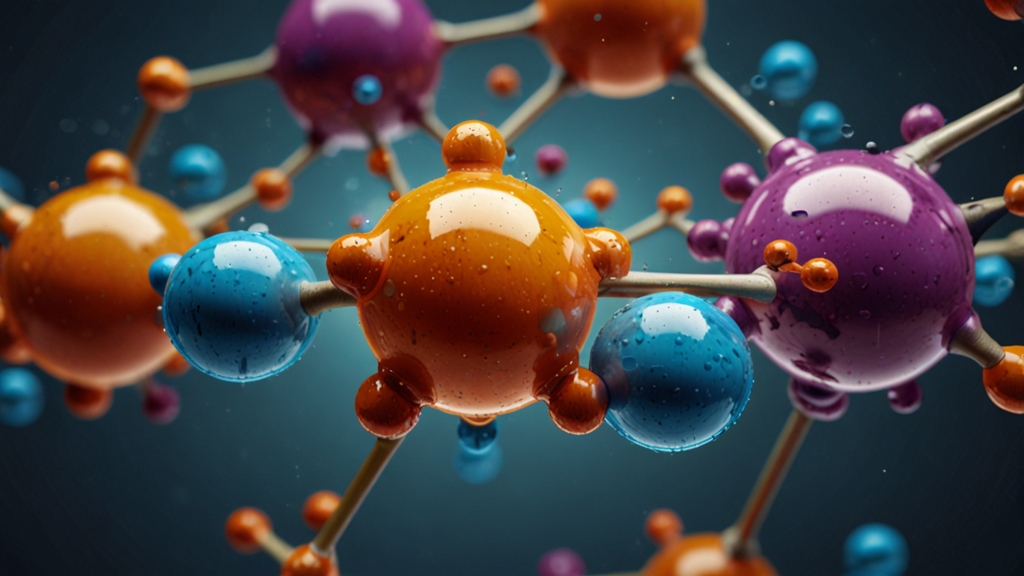The Hidden Truth about Agent Orange: A Vietnam War Legacy
The Vietnam War, a conflict that lasted from 1955 to 1975, left an indelible mark on both American and Vietnamese societies. Among the numerous tragedies associated with the war, the use of Agent Orange stands out as one of the most devastating. This toxic herbicide, employed by the U.S. military as part of Operation Ranch Hand, has left a legacy of environmental destruction and human suffering that continues to resonate more than four decades after the war's end.
The Purpose of Agent Orange
Agent Orange was a tactical herbicide used to remove the dense tropical foliage that provided cover for the North Vietnamese and Viet Cong troops. Named for the orange-striped barrels in which it was stored, Agent Orange was a mixture of two herbicides: 2,4-D and 2,4,5-T. Its active ingredients were meant to defoliate forests and clear vegetation quickly, exposing enemy positions and supply routes.
Operation Ranch Hand
Between 1962 and 1971, the U.S. military sprayed an estimated 20 million gallons of herbicides over Vietnam, with Agent Orange accounting for the vast majority. The goal was to deny the enemy the advantages of the terrain, but this strategy came at a horrendous cost. Millions of acres of farmland were contaminated, forest ecosystems were obliterated, and rivers and lakes were poisoned.
The Toxic Legacy
What made Agent Orange particularly dangerous was its contamination with dioxin, a highly toxic compound. Even in minuscule amounts, dioxin can cause cancer, birth defects, liver damage, and other severe health issues. The people who came into direct contact with Agent Orange—both Vietnamese civilians and American soldiers—are still grappling with its toxic legacy.
"The Vietnam Red Cross estimates that as many as 3 million Vietnamese have been affected by Agent Orange, including at least 150,000 children born with serious birth defects."
Health Impacts on Veterans
For American veterans, exposure to Agent Orange has resulted in a host of chronic illnesses. The Veterans Administration (VA) has recognized various conditions linked to Agent Orange exposure, including multiple types of cancer, Parkinson's disease, and ischemic heart disease. The struggle for recognition and proper healthcare has been a long and arduous journey for many veterans.
Environmental Consequences
The environmental impact of Agent Orange was equally catastrophic. The defoliation led to soil erosion, loss of biodiversity, and the destruction of wildlife habitats. Some affected areas have still not fully recovered, and the land remains less fertile decades later.
"Approximately 19 million gallons of herbicides were sprayed over 4.5 million acres, resulting in long-term ecological damage."
Ongoing Struggles
Efforts to address the lingering effects of Agent Orange are ongoing. Both the United States and Vietnam have collaborated to clean up some of the most contaminated areas, like the Da Nang airport, which served as a major base for Agent Orange operations. Nevertheless, fully remedying the environmental and health impacts posed by Agent Orange remains a monumental task.
The Human Cost
Families in Vietnam continue to live with the consequences of Agent Orange, dealing with severe birth defects and chronic health conditions that pass through generations. Organizations around the world are working to bring attention to the plight of these affected populations, advocating for more comprehensive healthcare solutions and long-term support.
Conclusion
The legacy of Agent Orange serves as a chilling reminder of the unintended and far-reaching consequences of chemical warfare. While progress has been made in addressing some of the damages, much work remains to ensure that the victims—both human and environmental—are supported. As history continues to unfold, it's crucial to keep the lessons of Agent Orange at the forefront, ensuring that such a tragedy is never repeated.
"It is not just a Vietnamese problem but a shared responsibility of humanity to rectify the damages caused." - Nguyen Van Rinh, Chairman of the Vietnam Association for Victims of Agent Orange












